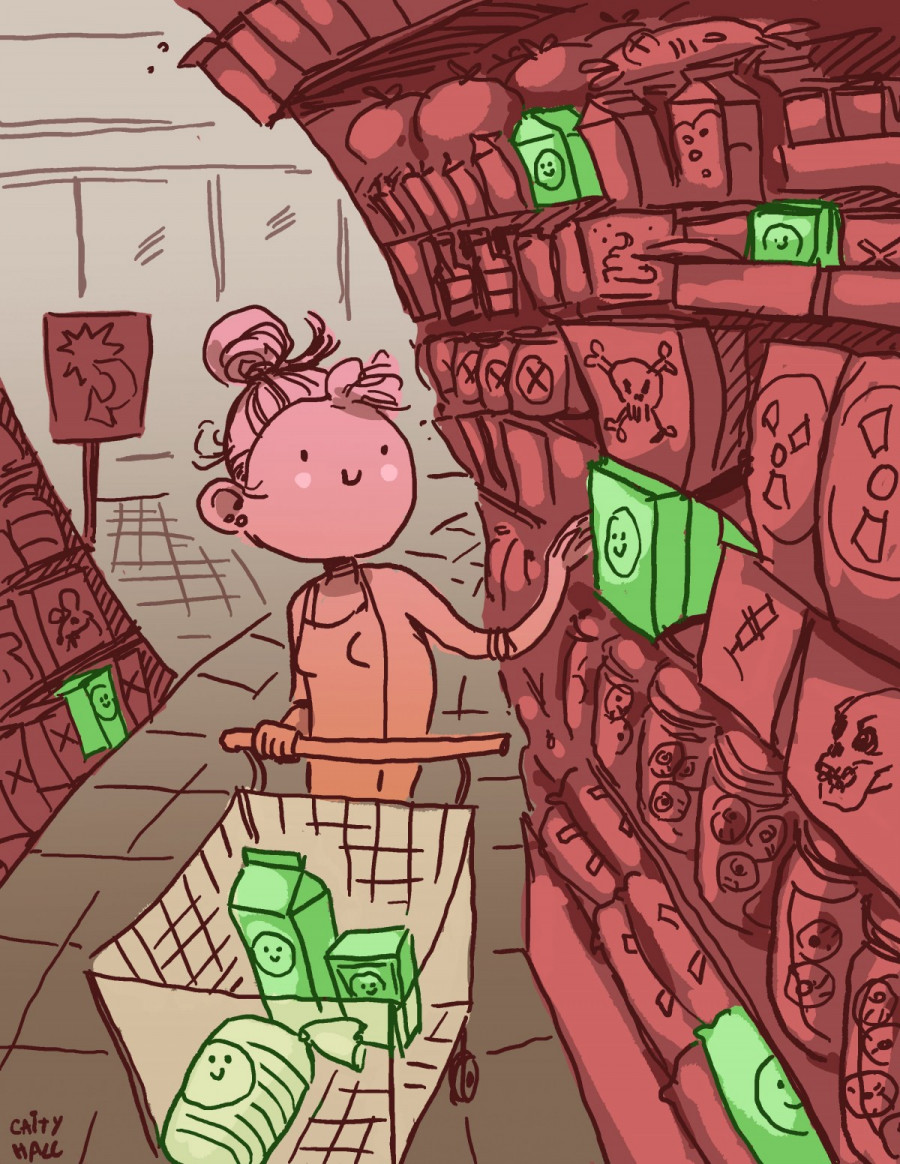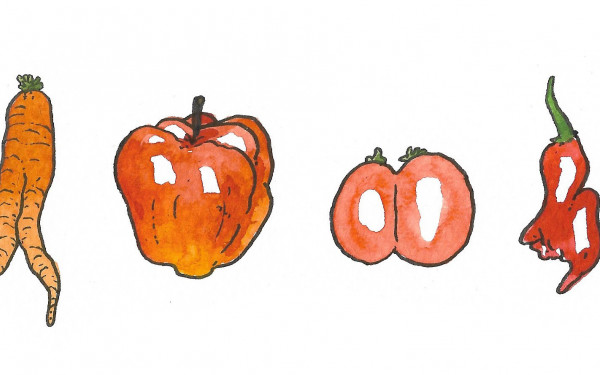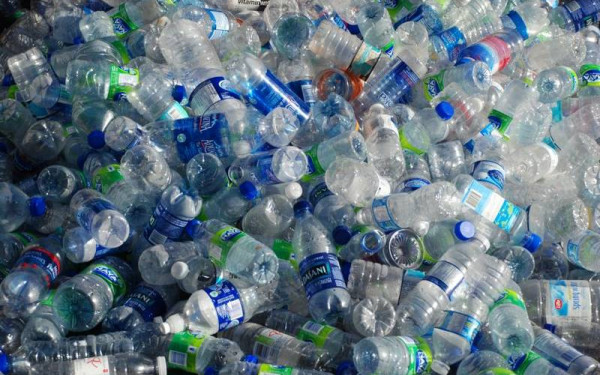Consuming Ourselves Into the Ground
A Collective Shift in our Consumerist Values is Necessary
With the arrival of September came the new iPhone 8, and in celebration of Apple’s tenth anniversary, the iPhone X was also released.
That’s right, it’s only been a year since people went crazy about the wireless earphones and the iPhone 7, and now two new iPhones are in stock.
It shouldn’t be a surprise that we live in a consumerist society. But how much longer are we willing to pretend that the side effects of our consumption aren’t lingering on the outskirts of our everyday lives, slowly making their way into the centre?
Global inequality, pollution, climate change, and even obesity are the kinds of social, economic, and health issues that our increasing consumption cause.
There is a growing desire to consume goods and services that aren’t as necessary as advertisements make them out to be. A possible solution to the issue at hand would be to shift the focus of consumers towards products that are more environmentally, socially, and biologically healthy. In other words, creating an eco-friendly market where the suppliers produce sustainably will result in sustainable and responsible consumption.
However, Concordia Professor Bengi Akbulut—a specialist in geography, planning and environment—believes that a mere shift in the types of products consumed is not a long-term solution. She says that there is a “difference between not consuming and not having purchasing power,” or the financial ability to make purchases.
Moreover, Akbulut says that with technological advancements, there will definitely be an increase in environmentally friendly production. However, consumerism would still be an issue thanks to something called the Jevons Paradox: Technology makes a given resource more efficient and environmentally friendly to consume. That, in turn, makes demand for the resource grow, which increases consumption, which outstrips the benefits of increased efficiency and environmental friendliness. Consuming is still the problem.
This falls into a belief called economic decoupling. With cleaner technologies in an area of production, the market won’t impact the environment as they are no longer parallel. According to Akbulut, that is false.
What ends up happening, she said, is that wealthy countries shift their environmental burdens onto poorer countries. The dirty production takes place in a different country, which results in numbers showing a better environment locally, but no real change in consumption. The better environment is contained to the region that is free of the production, which is absurd.
The thing is, the need for consumption is cultural. It’s based on the need to be up-to-date with the newest trends regarding status, money, and social position.
“Consumption decisions are not personal,” said Akbulut. Consumer culture has long stopped being about what is needed, and more about impressing others, according to the professor.
“At this stage of environmental catastrophe, we have to think of what we need and what we are made to think we need,” Akbulut said.
According to her, limiting consumption is possible through collective ethics on consumption—more and more people should be convinced that there could be less consumption. Campaigns, political movements, and calling for those in power to entice the audience are ways of increasing awareness.
If consumers are aware that lessening consumerism is possible, a chain-reaction can be instigated where the producers are forced to produce less due to less demand, therefore decreasing conspicuous supply and demand.
“We need to tackle the why and what of consumption,” said Akbulut. Limiting our consumption, supporting civil movements, and looking into the difference between small suppliers and large corporations all play a role in the solution to consumerism.
Consumerism is a social and political issue, more than an economic one. As such, Akbulut says there’s a need for social control of production and consumption. In other words, socialism.
In response to the release of those new iPhones this month, “The Guardian reporter John Harris wrote “We’re putting ourselves at the mercy of systems we barely understand.” Does everybody know what all the updates in the new iPhone are about? The reality is no—most have no idea.
So yes, the new iPhone might be full of technologically enhanced updates, but what real use do they have? Are they worth all the side effects? Are they worth offloading the environmental burden onto others?
We don’t need a new iPhone every year, just like we don’t need the excessive consumption that is the new drive for human nature. Consumption decisions might not be personal, but the effects of consumerism certainly are.





__600_375_90_s_c1.jpg)

__600_375_90_s_c1.jpg)